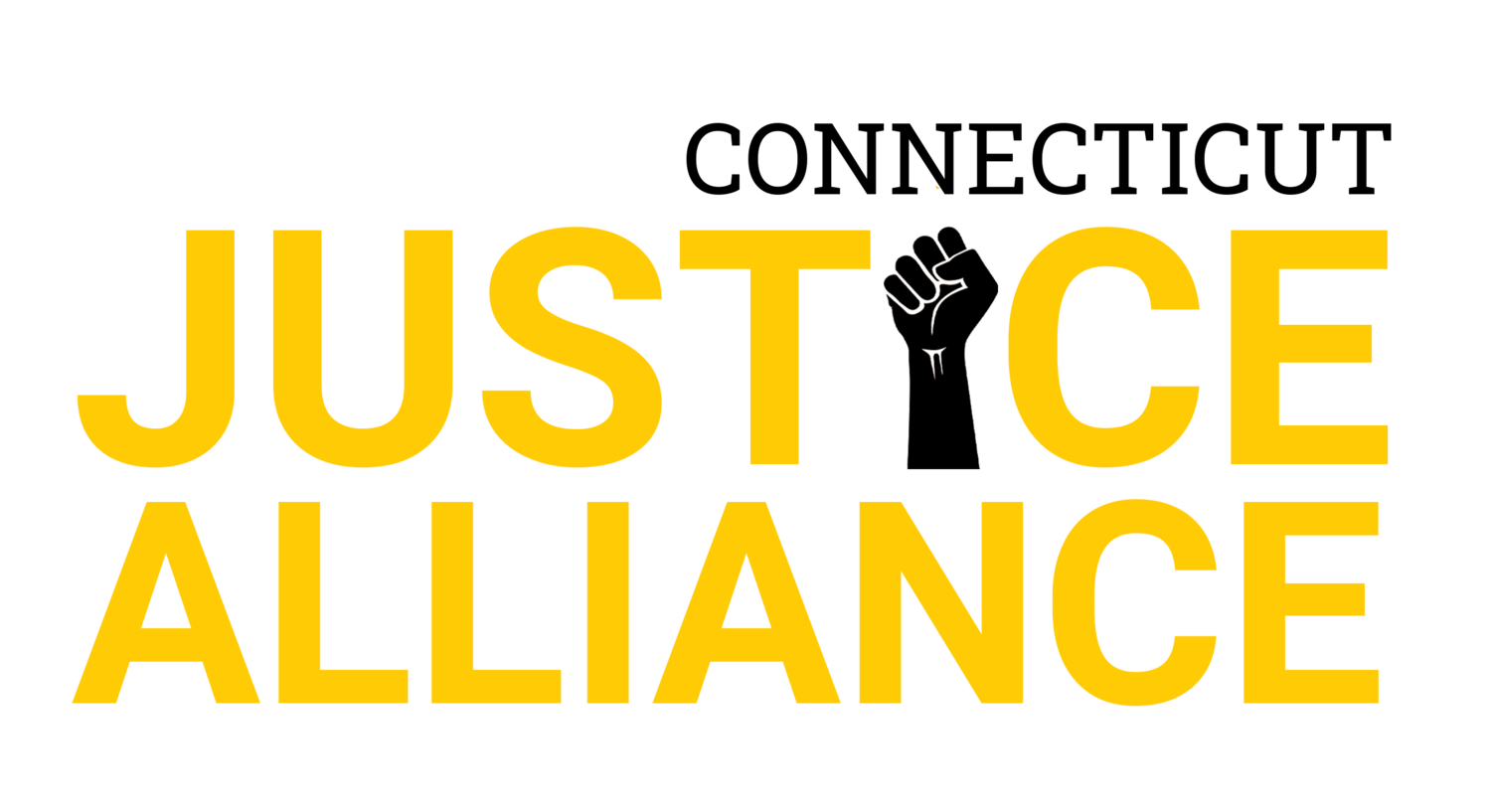New Poll: CT Residents Overwhelmingly Favor Youth Justice System Reform
After a year of pandemic, protests, and political strife, America’s divisions are clear, but a new survey reveals that reforming the youth justice system is an issue that brings Connecticut residents together across education and ideological lines. The vast majority of Connecticut residents supports a range of reforms to the youth justice system designed to fundamentally shift focus and resources to prevention and rehabilitation instead of punishment and incarceration.
The survey of 500 adults found:
Connecticut Residents Do Not Want a Justice System Focused on Punishment and Incarceration: 75% favor a youth justice system that focuses on prevention and rehabilitation
Strong Support For Proposals To Reform Youth Justice System In Connecticut: Connecticut residents broadly support a wide range of specific policy proposals aimed at reforming the country’s youth justice system into one that focuses on rehabilitation instead of just punitive incarceration policies
Support For Closing Youth Prisons Is Growing: 63% of Connecticut residents favor closing youth prisons, up from 49% in 2019. After Connecticut residents learn more about the rationale for closing youth prisons, support grows even further—from 63% to 78%.
Connecticut Residents Favor Federal Incentives And Funding To Aid Youth Justice Reforms: 80% favor Congress providing financial incentives to state and local governments that shift investments away from incarcerating youth and towards community services for youth.
Majority Supports Releasing Youth In Order To Slow COVID-19 Spread In Youth Prisons: 71% support early release for youths deemed not a threat to public safety to help stop the spread of COVID-19 in youth prisons
Connecticut Residents Overwhelmingly Believe In Rehabilitation, Counseling, And Giving Youth A Chance To Better Themselves: Both law enforcement households (79%) and non-law enforcement households (83%) believe that rehabilitation is superior to incarceration.
View the full results here.

